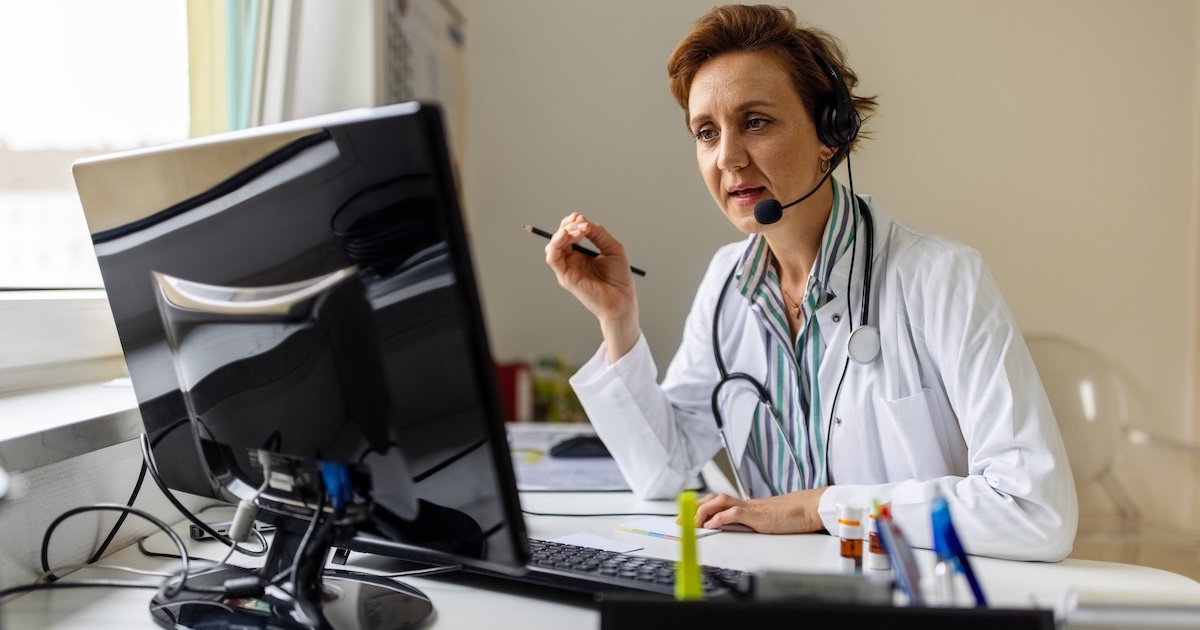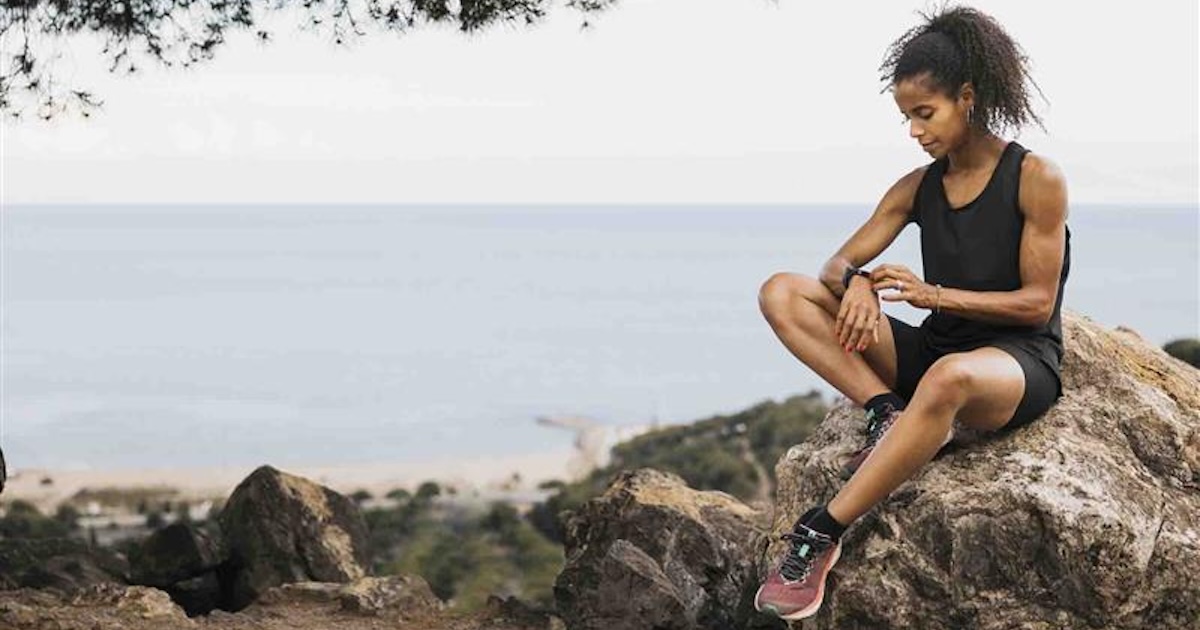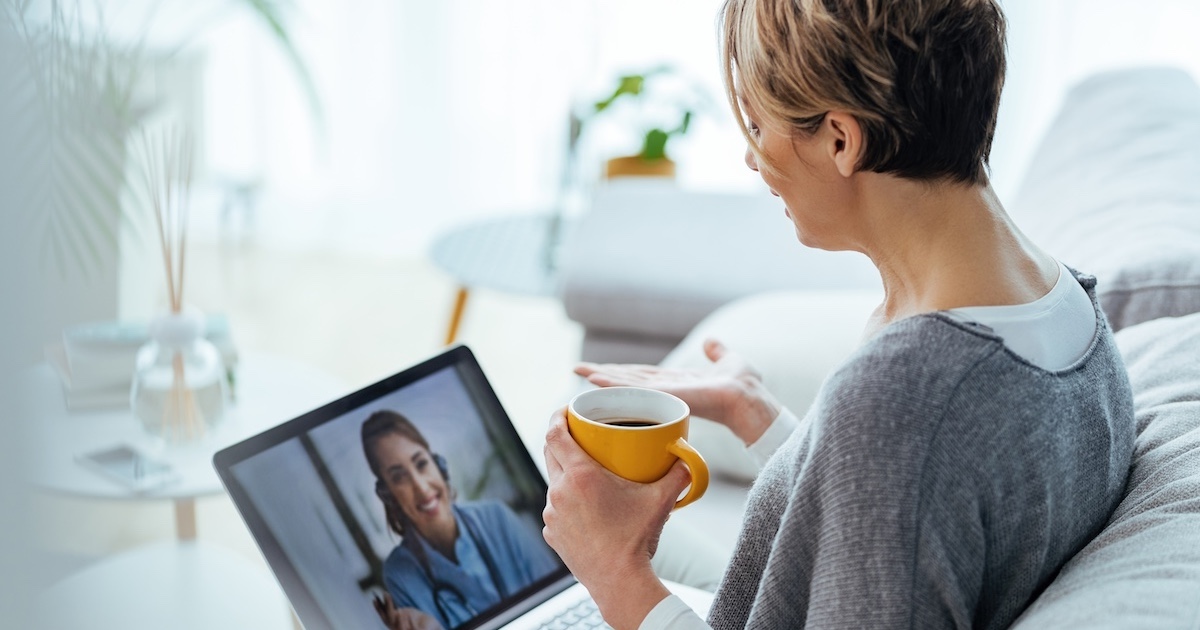The images coming out of Boston this week, in the wake of the Boston Marathon bombings, are stark, horrific … and amazing. People injured by bombs, being helped by others, as police and emergency response workers rush to the scene.
That many of these images were captured by smartphone is just as important.
In today's rapid response world, the smartphone is more than just a communications device. It's fast becoming a medical device. In fact, while the investigation was continuing Tuesday in Boston, just down the road in Washington D.C., a smartphone was being used at the TEDMED 2013 conference to give attendees a comprehensive health checkup (see related story).
"In a disaster as devastating as what transpired this week at the Boston Marathon, health information technologies and mobile devices can play a critical role in the timely transmission of vital data and long-term patient care and monitoring," said Chuck Parker, executive director of the Oregon-based Continua Health Alliance, a partnership of technology, medical device and healthcare industry leaders focused on personal telehealth.
Interoperable, mobile healthcare systems can collect data at the site of the disaster, Parker said, making them valuable tools for quick disaster response. For the hundreds of victims of the blasts, emergency responders and others affected by the tragedy, he said, mHealth tools can keep people connected with care teams, provide timely interventions, monitor vital signs and wound healing and even provide mental health counseling.
"As we have seen in other disaster response efforts,” Parker said, "end-to-end, plug-and-play interoperability of personal connected health devices and systems has helped to save lives, valuable time and money."
Jonathon Feit, co-founder and chief executive of Beyond Lucid Technologies, which develops IT solutions for emergency response situations, said mHealth in triage is vital in identifying injuries and directing patients to the appropriate location. The so-called "scoop and run approach," he said, isn't necessarily helpful if every injury – from amputations to concussions to shrapnel injuries – is funneled into one or two overcrowded ERs instead of directed to the medical facility that can best treat each type of injury.
Likewise, he said, an mHealth system that can identify patients, pull up their medical records and instantly connect caregivers to resources is much more important than the latest pedometer or health coaching app
"All these new health and wellness apps are great, but when it hits the fan, and systems go down and things begin to be mission-critical … mHealth's ability to saves lives shines through," he said.
In an unrelated story posted this week on mHIMSS.org, Dan Diamond, MD, a member of Medical Teams International who has worked in some of the world's most prominent disaster zones, said quick access to vital medical information is especially important to clinicians in the field. Doctors want to use their smartphones to access clinical information to help treat people who need that help in seconds.
"It's the efficiency of the click," said the Bremerton, Wash.-based doctor. "I don't want to spend your time digging down through layers and layers of apps. I want to be able to rapidly and reliably get the information I need.
"People have a very short attention span in disasters," he pointed out, adding that doctors in disaster zones will often write vitals down on a patient with a felt-tipped pen. "They want to get information down as quickly as possible. I'm not going to come running in and pull out my laptop."
At the Center for Connected Health, part of Partners HealthCare and not that far from the site of the bombings, founder and director Joseph Kvedar, MD, said mobile technology could help as victims of the bombings recover.
"While we were not immediately deployed to assist in the disaster response efforts following the tragic bombings at the Boston Marathon, the center and our full resources will remain available to assist our medical colleagues in their heroic efforts to treat and heal the hundreds of victims, families and emergency responders affected by this devastating and unthinkable act of violence," said Kvedar.
Connected health solutions, he said, may be helpful in providing remote patient monitoring, video conferencing could help to connect providers or deliver mental health counseling, or mobile technologies may provide motivational messaging and reminders to help individuals maintain their care plans in the coming weeks and months.
Several of the center’s team members were near the finish line, Kvedar noted, and were, "thankfully," unharmed. "Our thoughts and prayers remain with the victims, the fearless emergency responders and our very capable colleagues at hospitals throughout Boston, as we begin the long healing process."


